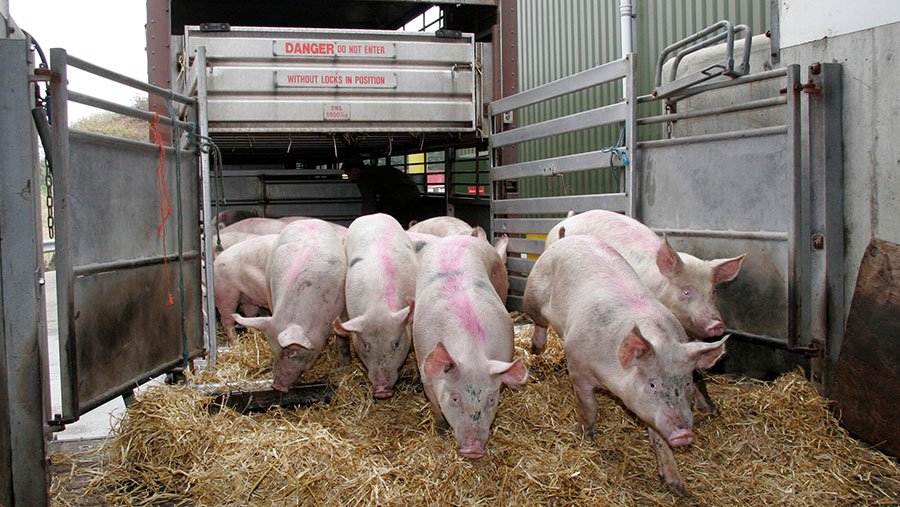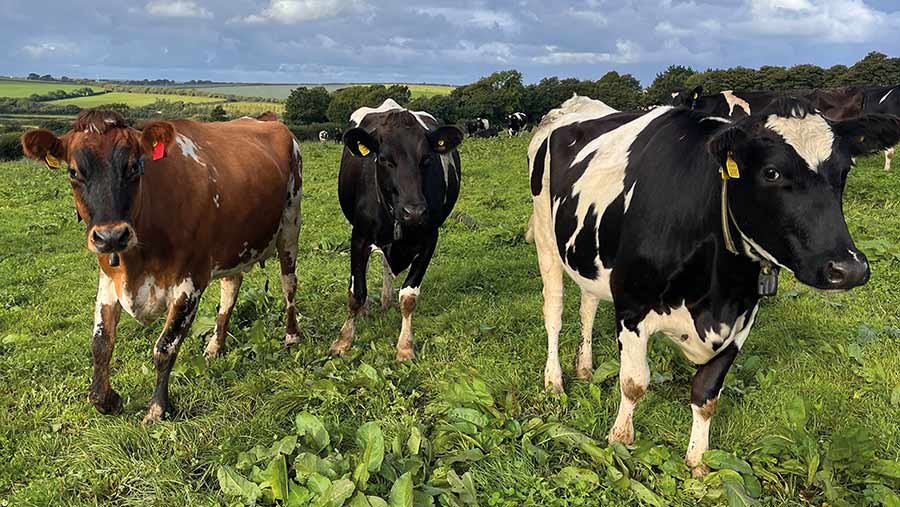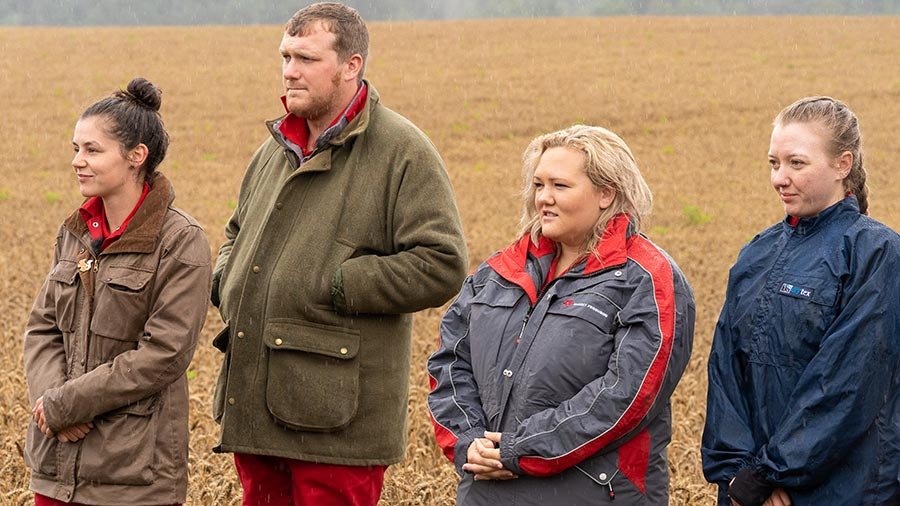The presidents of the UK’s four farming unions have called for more investment in on-farm renewable energy to help the industry reach climate targets and support sustainable food production.
Timed to coincide with the COP27 climate change talks in Egypt, farm leaders are keen to show that agriculture is part of the solution to the climate crisis.
The NFU, NFU Scotland, NFU Cymru and the Ulster Farmers’ Union say the right investment from government to improve infrastructure and simplify planning regulations would enable greater production of on-farm green energy.
See also: On-farm renewable energy generation: What to consider
Using solar and wind turbines to generate energy and store it would reduce reliance on fossil fuels, cut on-farm costs and help businesses be more resilient to energy price increases, the farm leaders said in a joint statement.
NFU president Minette Batters said: “Agriculture’s role in producing renewable energy and sustainable food, alongside other land-based solutions such as carbon capture, must be recognised by decision-makers at COP27 and beyond. This is about giving UK farming the tools to unlock its net-zero potential, which is in everyone’s interests.”
NFU Scotland president Martin Kennedy added that greater investment in green energy would help farmers produce sustainable meat and dairy more efficiently.
“Those who produce our food are already adapting their farm management practices, and future policy should include an increase in the investment in energy infrastructure,” Mr Kennedy said.
Ulster Farmers’ Union president David Brown added: “Here in Northern Ireland, we aspire to consistently improve our carbon footprint as an industry and reduce our net emissions, but support needs to be provided by our world leaders to enable farming as a whole to make this transition towards more sustainable, climate-friendly food production.”
NFU Cymru president Alen Jones said there was more the farming industry could do to help drive down emissions, but it needed to ensure “the burden of decarbonisation does not fall unequally on farming and rural communities”.
Clean technology
Speaking at this week’s COP27 negotiations in Egypt, business and energy secretary Grant Shapps announced £65m of funding to improve clean energy technology and make it cheaper and more accessible around the world.
“Green means growth, and with our existing talents in clean technologies, UK businesses could be world leaders in an industry that will only expand, creating jobs for generations to come while also protecting our precious planet,” Mr Shapps said.
“At COP27, we are leading international efforts to ensure these new innovations can be more accessible and affordable to heavy, energy-intensive industries in some of the world’s poorest countries.”













